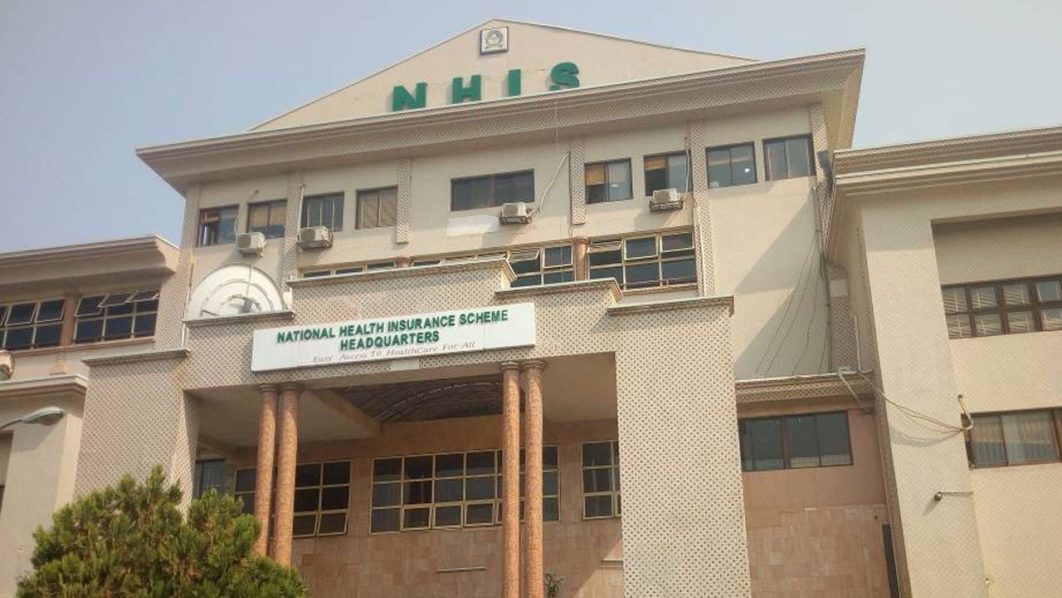
A renowned gynecologist, fertility expert and founder, NISA Premier Group, Dr. Ibrahim Wada, has called for inclusion of fertility treatment in the National Health Insurance Scheme to make fertility treatment affordable and accessible to couples facing infertility problems.
Meanwhile, experts, researchers, policymakers and stakeholders across the globe will converge in Abuja to discuss innovative solutions that would help advance Assisted Reproductive Technology (ART) and reproductive health in Nigeria and beyond.
Speaking at a press conference by the Association for Fertility and Reproductive Health (ARFH) on its forthcoming Annual International Conference billed for September 18-20, 2024 in Abuja, Wada argued that infertility is a disease that deserves to be covered by health insurance considering the exorbitant cost of fertility treatment not only in Nigeria but also across the globe.
He stated that many Nigerians are facing the challenge of infertility hence the need to bring IVF to the doorstep of every Nigerian that needs it through health insurance.
He decried the high level of quackery in the fertility treatment landscape, stating that there is a need to ensure the passage of the IVF Regulation Act to tackle the problem.
He said: “Nations are governed by laws, and I want to appreciate the role of both the House of Representatives and the Senate in the work they have been doing for many years to try to regulate the practice of Invitro fertilisation, and to try to regulate the practice of Invitro fertilisation, and to try to regulate the practice of in vitro fertilisation.
“The Chairman, Health Committee of the House of Representatives is going to keep working day and night until the IVF Regulation Act is passed, I think, by the House, and probably then confirmed by the Senate. So, the country is not sleeping; it’s just that laws can take a long time to come. So, because of that delay, the Nigerian Medical and Dental Council took up the challenge and said, look, through the Ministry of Health, if they regulate MDCN Act that may rapidly change things.”
Earlier, the Chairman of the Local Organising Committee, Dr. Sunday Onuh, said that Nigeria is witnessing reversed medical tourism in the area of fertility treatment as many people are coming from the United Kingdom and other countries to seek fertility treatment.
He said: “We have seen people who have done IVF five times in the United Kingdom, and they just come here once, and they conceive. This year, in my practice alone, I have witnessed 40 per cent of patients from outside the country and the trend is similar with my colleagues because to do a successful IVF cycle in the United States is about $20,000 but with $6,000 it takes care of their transport here, accommodation and their treatment.”
Onu said the AFRH international conference would serve as a dynamic platform for exchanging knowledge, discussing innovative solutions and fostering collaboration to advance the field of ART and reproductive health in Nigeria.






